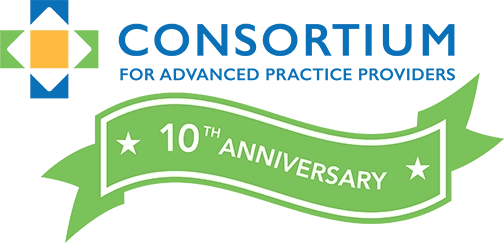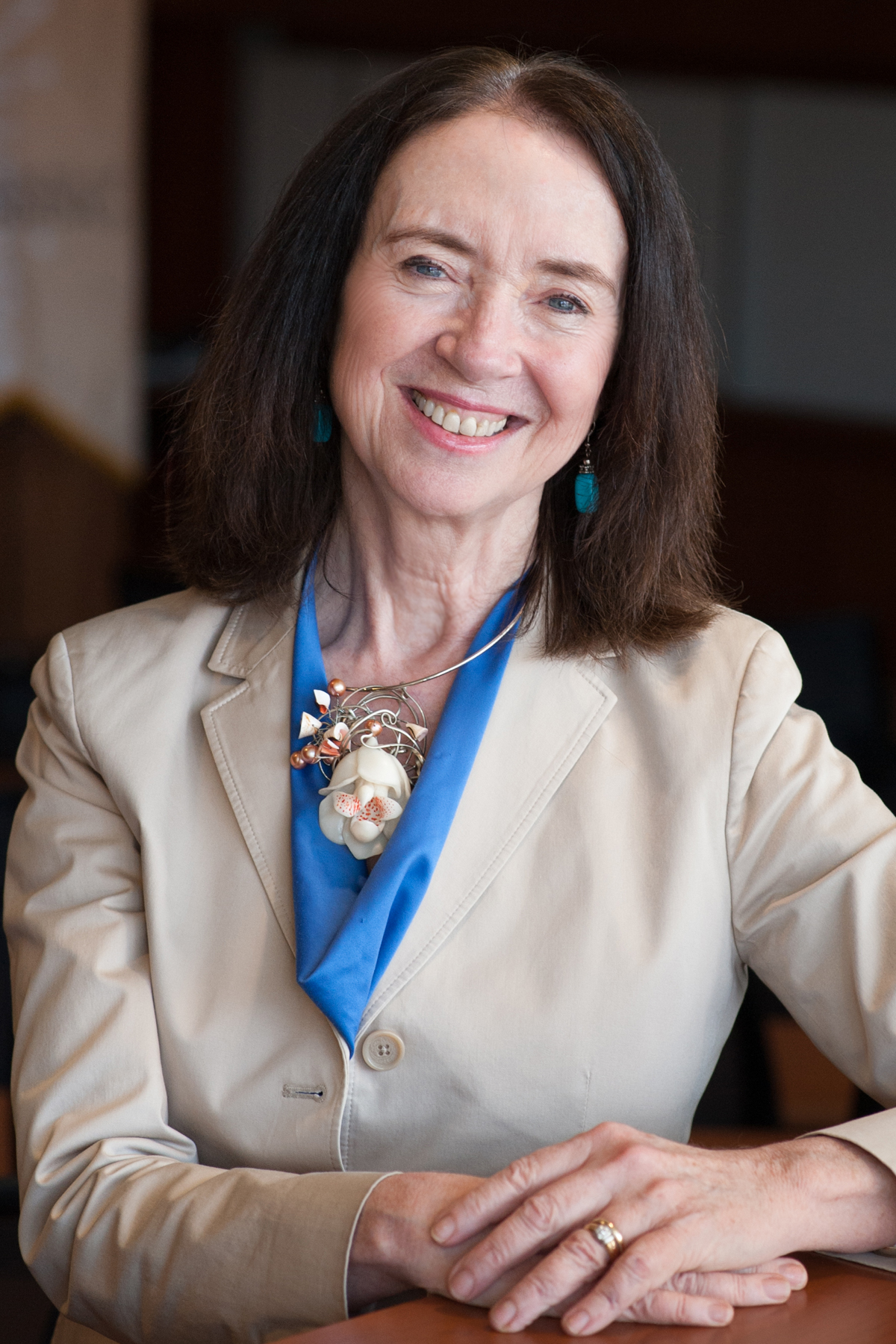In the blink of an eye, or so it seems now, the world has changed. In the third week of January, I was at International Community Health Services conducting a re-accreditation site visit, along with Dr. Kathy Rugen. As always, it was a real pleasure to review a truly stellar postgraduate NP residency program even if the rain never let up, the sun never came out, and the area around our hotel was in something of a lock down due to a shooting. Oh, and yes—a case of coronavirus had been identified in the state of Washington, alarming because the media had been reporting on this epidemic centered in Wuhan, China, in Hubei Province for a few weeks earlier. A week later, I happily accepted a late invitation to speak at a National Association of Community Health Centers (NACHC) policy meeting on one of my favorite subjects– workforce issues– in Delray Beach, Florida. It was a quick trip with a welcome respite from the New England weather, a chance to connect with colleagues from around the country, and an evening stroll down crowded streets of vacationers and snowbirds just ahead of the upcoming Super Bowl. A month later, I travelled to Virginia with Kerry Bamrick and DoQuyen Huynh for the Consortium’s big day—petitioning to the National Advisory Committee on Institutional Quality and Integrity (NACIQI) for federal recognition as an accrediting organization.
It was the last business/professional travel—or any kind of travel—that I would be doing for the foreseeable future.
Between that trip to Seattle in January and the trip to Virginia for the NACIQI hearing, the world changed and in the four weeks since NACIQI we collectively have entered a totally new world.
For all of our emergency preparedness and planning—and that planning is definitely standing us in good stead—I think very, very few of us had any deep lived experience of what it would mean to experience a world being quietly and relentlessly infected by a novel virus. Our colleagues who were on the front lines of the Ebola response, those who responded to the MERS and SARS epidemics, those in the Obama administration that ran scenarios on pandemics, perhaps come the closest. Until now, I had pointed to the onset and first decades of the AIDS crisis as my generation’s time to rise to the occasion of a personal, social, political, and public health crisis for which we could not have possibly been prepared. I note that Dr. Anthony Fauci was often the face of the healthcare community response then, as he is so admirably doing today just shy of his 80th birthday.
Now the entire health care community is called upon to lead and to serve, to comfort and to care, to educate and to inform, to test, treat, and manage a new illness—all the while continuing the already very full agenda we had of providing health care, leading organizations and programs, training the next generation, and being a critical part of the backbone of the health care system in America, both rural and urban.
How will today’s trainees—our postgraduate NP and PA residents and fellows in primary care, specialty care, acute care, in-patient and out-patient care, and psychiatry/mental health—look back on this pivotal time in their early career as nurse practitioners and physician assistants when they were confronted with this defining moment in health care? Trust me—they are, as they should be, watching/listening/learning many lessons from all of their mentors, preceptors, and institutional leaders both clinical and non-clinical. They are seeing our preparedness plans put into action, or the consequences of not planning and drilling. They are seeing the gap between the emergency stockpile of PPE and equipment, and the projected demand for such supplies and equipment. They are seeing the avalanche of news and information and trying to make sense of conflicting reports as we all did in the early days of the pandemic, and now shifting to having a pretty clear understanding of just how dire the situation is. They are turning on a dime to figure out how to adapt virtually every element of their health care system. In short, they are seeing leadership in action, or the consequences of not having effective leadership.
And they are seeing the people they admire—their co-workers and clinical leaders, their fellow trainees, all of the people in their practice or health system rising up to the challenge in ways that bring tears to my eyes, and likely to yours as they do their work. In primary care, it’s about screening and triage, donning and doffing PPE as we collect tests and assess patients, converting as much medical, behavioral health, and even dental care to telehealth and telephonic care—because the patients we cared for a week ago still have all the health issues they had then. A month ago, opioid use disorder was at the top of our list for at-risk patients—and that risk is still there-today, even while we absorb all that we must now also attend to.
A month ago, we cried at the stories of nurses and doctors in China who were working around the clock, caring for patients while not knowing if their own families were safe, and were heartbroken at the reports of death among healthcare workers. Now, we are shocked that our own doctors, nurses, respiratory therapists, and others in our nation’s cities do not have the PPE to keep them safe and able to continue to care for the surge of patients that has already begun and may soon overwhelm our critical care units.
To my amazement, I look outside at the longer, brighter days of early Spring, the forsythia blooming and think” how it is possible that everything still looks so normal except for few people on the streets?”
I do know this: every member of the Consortium, every postgraduate NP or NP/PA training program staff, every current and former Resident or Fellow, every preceptor and mentor is “all in” with this challenge. You are part of how we will get through it, contributing our expert skills and our compassion in whatever aspect we can. When we do come to the other side, I suspect we will be changed forever in some ways. TeleHealth? We will see it as part of what saved many people, kept their health care intact, and kept people out of the emergency rooms when practices and health centers transitioned to telehealth under new and expanded coverage rules from private and public insurers. The nurses and doctors and others who staff the nation’s hospitals? Already admired and respected, they will have a whole new level of national honor and recognition and hopefully, more of the resources and support they need. Today’s trainees? They will have a fundamentally different understanding of how deeply connected the entire world is and the stark reality that neither an invisible virus, the consequences of climate change or the still present threat of nuclear weapons care a whole lot about borders between countries, or differences between people. They will make an enormous contribution in today’s crisis, and become the teachers and clinical leaders of other generations down the road—and what a story they will have to tell of 2020, and the COVID 19 pandemic.
Let’s do everything in our individual and collective power to make it a story of how we leaned in, stepped up, and blunted the course of the pandemic—flattening the curve, as Dr. Fauci says so often—to allow our nation’s health care system to be able to care for everyone who needed it.
Be well! Follow the rules to prevent infection in yourself, or spread to others! We honor all of you, and look forward to hearing your stories when we next come together. We hope to see you all at our 2020 Annual Nurse Practitioner Residency and Fellowship Training Consortium Conference or virtually, depending on the status of the pandemic by then but one way or the other (or both!) it will go forward
Margaret
Margaret Flinter, APRN, PhD, c-FNP, FAAN, FAANP
Chairperson, Board of Directors
NNPRFTC


